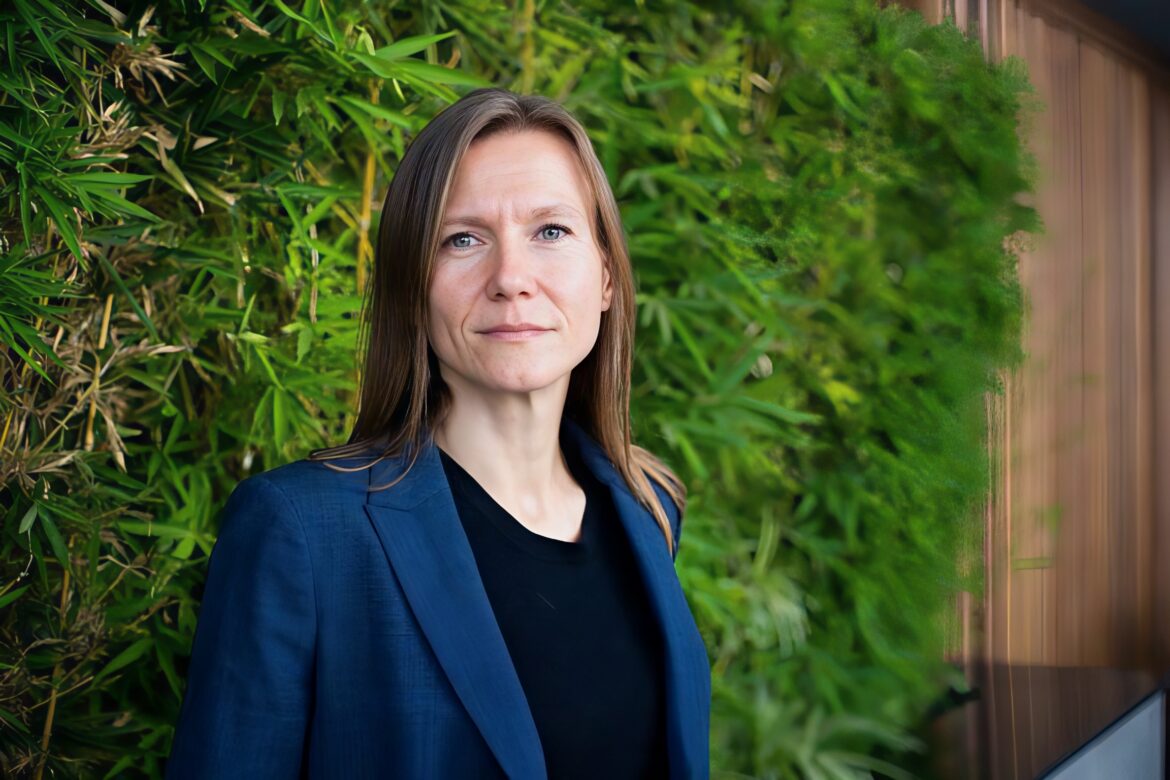Joanna Bichsel is on a mission to enable women in Africa with quality personal care products. In Africa, millions of women struggle to access essential health products and services due to barriers such as cost, stigma, and inadequate infrastructure. These challenges leave countless women unable to obtain vital items such as menstrual products, contraceptives, and medication for maternal and reproductive health. The lack of access to these necessities jeopardises women’s well-being and hinders their ability to pursue education, careers, and a better quality of life.
With a technology and product management background at Microsoft, Joanna Bichsel understood the power of digital solutions in bridging societal gaps. She observed that many African women, especially those in rural and low-income communities, were unable to purchase essential health products due to social stigma, logistical difficulties, or financial constraints. The traditional methods of buying contraceptives or menstrual hygiene products often involved public scrutiny, discouraging women from prioritising their health needs.
Bichsel identified this problem among women. So, she established Kasha in Rwanda in 2016 in response. Kasha is a digital retail and distribution platform that provides women with discreet, affordable, and reliable access to health and personal care products. It all started in Rwanda and later expanded to Kenya and South Africa.
Kasha has established itself as a groundbreaking global leader in women’s healthcare access. The platform allows women to order health products through a website, a mobile application, or even basic feature phones using USSD technology, making it accessible in areas with limited internet connectivity. Additionally, Kasha provides a discreet delivery service, enabling women to receive their products without fear of judgment.
In 2023, the company successfully raised $21 million in a Series B funding round led by Knife Capital to expand its platform throughout Africa. Additionally, the Global Health Unit of Sanofi, a multinational pharmaceutical giant, invested strategically to assist Kasha in providing medications for chronic illnesses, including diabetes and hypertension. This investment strengthens the platform’s focus beyond reproductive health and enhances its overall impact on health access in Africa.
Joanna Bichsel has significantly improved women’s health in Africa through her platform, Kasha. By utilizing technology and forming direct partnerships with manufacturers and health organisations, Kasha ensures that essential health products are accessible and affordable. This approach has alleviated many women’s challenges, particularly those with low incomes and those living in remote areas who previously had limited access to necessary health supplies.
Kasha has successfully removed the stigma associated with purchasing women’s health products for many of these women. They provide a private, convenient, and secure shopping experience that empowers women to take control of their health without societal pressure or Stigma.
“Appreciating Kasha for the amazing work they do improving access and breaking barriers surrounding sexual reproductive health.”~ Client testimonials
Joanna Bichsel is a visionary leader dedicated to promoting women’s financial inclusion. Through Kasha, she provides access to health products and creates employment opportunities, with more than 90% of its workforce comprised of women. By prioritizing women in both leadership and operational roles, Kasha actively supports gender empowerment and economic growth.
Furthermore, Kasha serves as an educational hub, partnering with NGOs and health organisations to disseminate vital information on sexual and reproductive health. Through these initiatives, Joanna Bichsel empowers women with the knowledge to make informed decisions about their well-being.
By 2021, the company had delivered more than 1 million product units to over 130,000 unique customers, with 63% of them being low-income women in Rwanda and Kenya.
JoaBichsel envisions a future where every woman has equal access to health products, information, and services regardless of her economic status or geographical location.



